AI Success Stories
Knowledge Management:

HK Immigration Department
Intelligent e-Government Decision Support - Immigration receives millions of application forms for travel documents, identity cards, visas, permits, certificates, etc. each year. AI is used to streamline approval and decision making processes, by encoding knowledge of laws, regulations, and guidelines, as well as learn from human case officers. [more]

HK Environmental Protection Department
Intelligent Text-Mining/Information Retrieval - AI was used to create a customized text-mining/info retrieval system that knows environment- and EPD-specific English/Chinese terms. This AI system assists with background research in preparation for Legislative Council meetings. [more]
HR Rostering:

HK Equestrian Events
Volunteer/Staff Rostering - In preparation for 2008 Beijing Games, the "Good Luck Beijing" Games were held in 2007. AI was used to schedule and assign tasks to over a thousand volunteers and staff, ensuring adequate manpower at all times to handle various logistics, venue preparation, paperwork and publicity activities. [more]

HK Hospital Authority
Staff Rostering - HA has Over 40,000 staff working in shifts. AI was used to automatically produce weekly rosters based on HK and HA specific rules and constraints, as well as hospital, departmental, and ward specific requirements. [more]
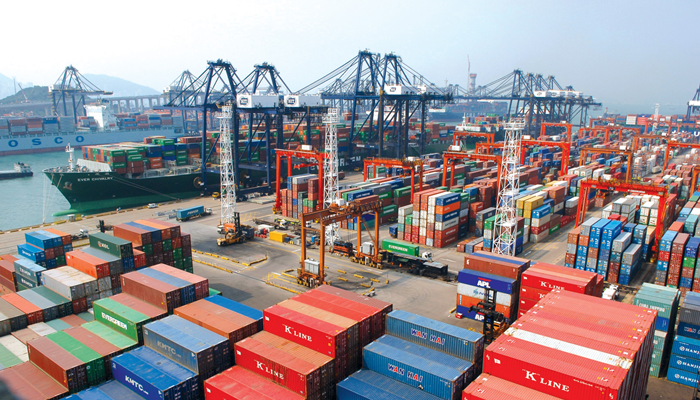
HK International Terminals
Staff Rostering - To make best use of container yard laborers and workers, AI was used to forecast, schedule and manage over a thousand staff. The system allow HIT to move from fixed-shift to a flexi-shift system, that best matches shipping schedules and work demands. [more]
Logistic Timetabling/Dispatching:
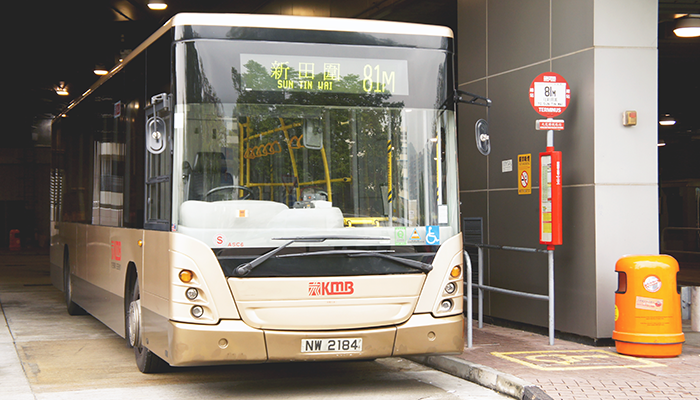
Kowloon Motor Bus Company
Bus Timetabling - KMB experimented with AI to automatically generate bus timetables that satisfies service needs as well as maximize the productivity of their vehicles. The challenge is to be able to perform timetabling together with duty assignment. [more]
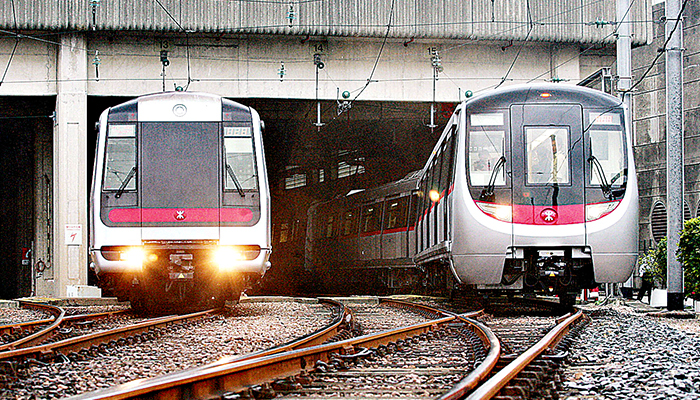
HK MTRC
Train Timetabling/Dispatching - To enhance customer service, MTRC needed to increase train frequency during its peak rush hours. Using AI to capture knowledge of train movements within the depot area, our algorithms automatically generates a plan that allows additional trains to be dispatched in the tightly congested depot interlocking area. [more]

Swire Travel
Airport Limousine Dispatching - Swire's Airport Limousine Services needed to expand business. However, it lacks skilled planners and controllers. AI was used to create an automated scheduling system that takes travel time, flight time, vehicle location, etc. to suggest the best vehicle to service each order. In addition, AI uses Real-time flight info and exit gate info to support scheduling. [more]
Resource Allocation:
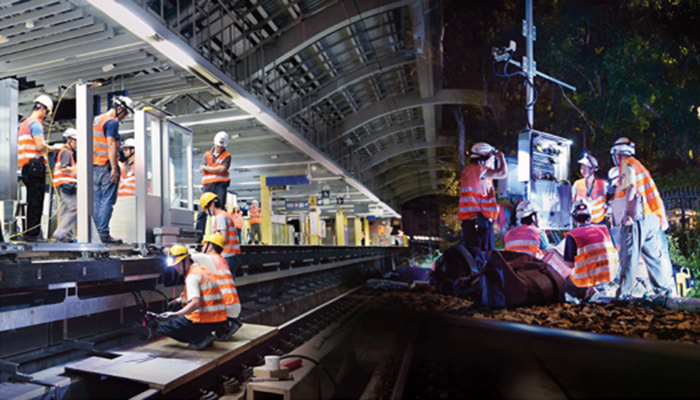
HK MTRC
Possession/Engineering Work Scheduling - After the merger with KCRC, MTRCL needed a single AI system to schedule and manage all engineering works across all railway lines. The AI Engine deployed in 2004 was enhanced and updated. AI allows MTRCL to perform more engineering works with its existing resources. [more]
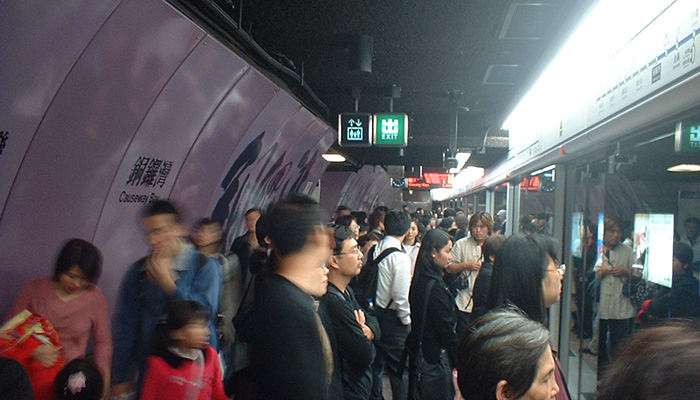
HK MTRC
Possession/Engineering Work Scheduling (2004) - AI is used to prioritize and schedule all engineering works in this busy subway system, while maximizing resource utilization and ensuring all safety and operational rules and regulations are followed. This projectis was performed in 2004 prior to the railway merger. A new version was later created in 2010 after the merger to handle the needs of all railway lines. [more]
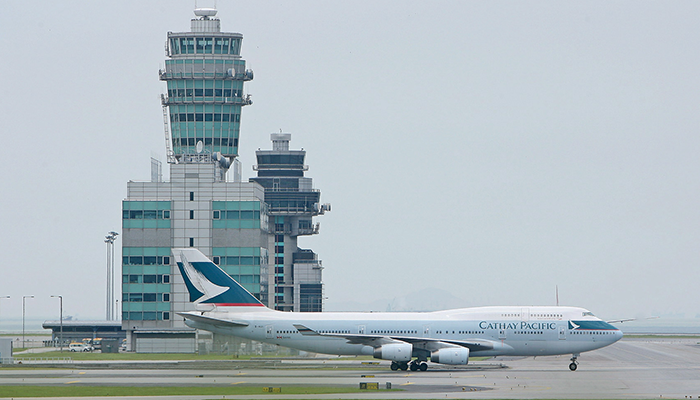
HK Airport Authority
Airport Bay/Stand Allocation - Stands are allocated daily using AI based on the flight schedule and operational constraints, which ensure airport safety and passenger convenience, and facilitate smooth operations for airlines and handling agents. AI automatically produce a daily plan and real-time rescheduling. [more]
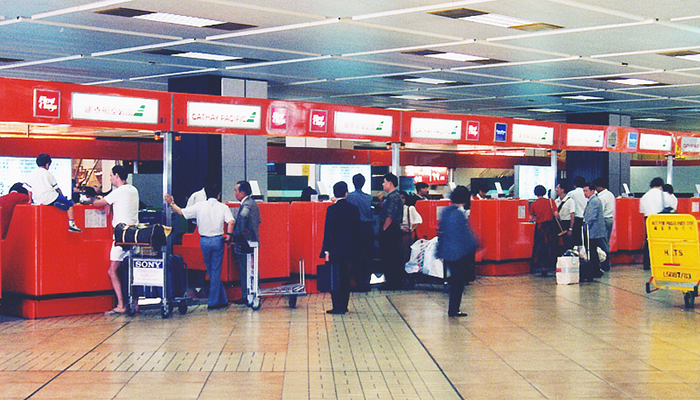
HK Civil Aviation Department
Airport Check-in Counter/Desk Allocation - In 1994, to cope with increasing demand in the aging Kai Tak Airport terminal building, CAD used AI to optimize the allocation of check-in counters/desks. AI maximizes the utilization of airport facilities by optimizing the location and number of check-in counters assigned to each flight. [more]
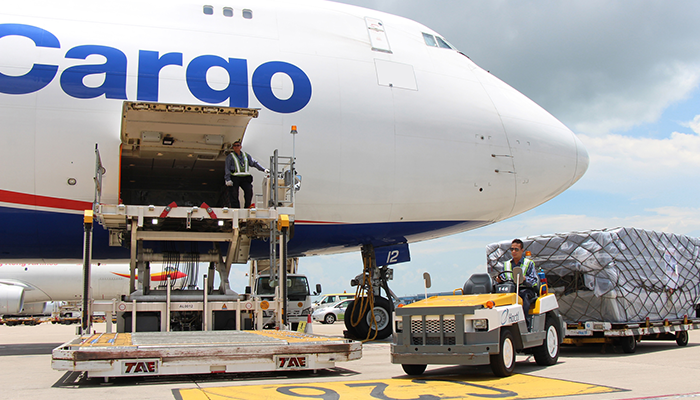
HK Air Cargo Terminals Ltd
Air Cargo Handling System - In 1995, to support the operations of the new Super Terminal 1, HACTL investigated the use of AI to optimize the scheduling and utilization of resources, such as space, manpower, conveyor belts, hoists, cranes, and decks to service containers of import and export flights. [more]
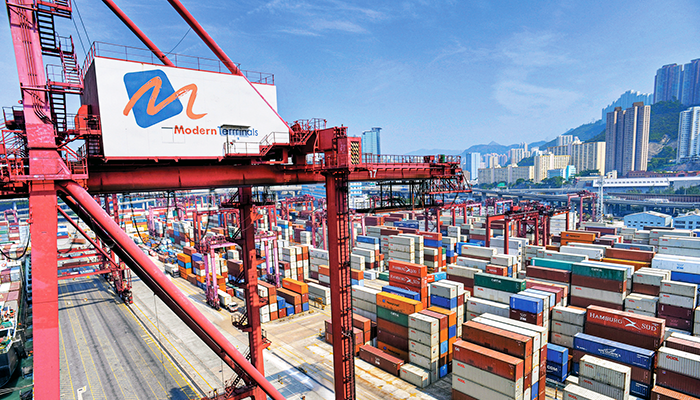
Modern Terminals Ltd
Container Terminal Berth Allocation - To optimize the utilization of valuable container vessel berth spaces, MTL explored the use of AI to automatically assign and allocate space based on demand, usage patterns, and operational and business rules and constraints. [more]
Production Scheduling:
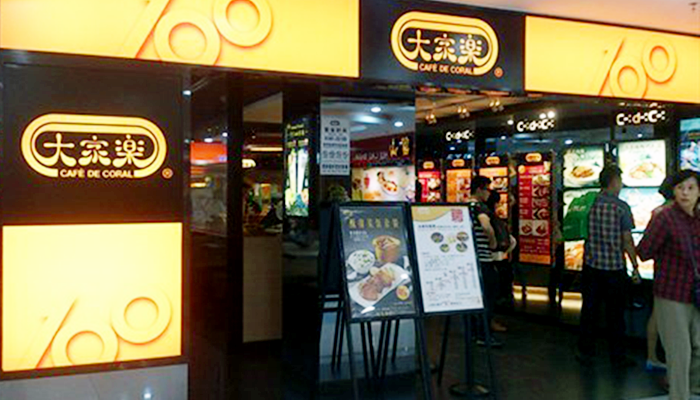
Café de Coral
Food Production Scheduling - Café de Coral's Asia Pacific Catering provides services to public and private schools and companies. To help streamline lunchbox production, they used AI to schedule production and delivery. [more]